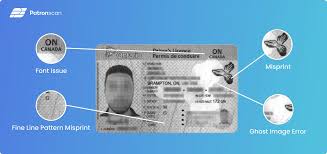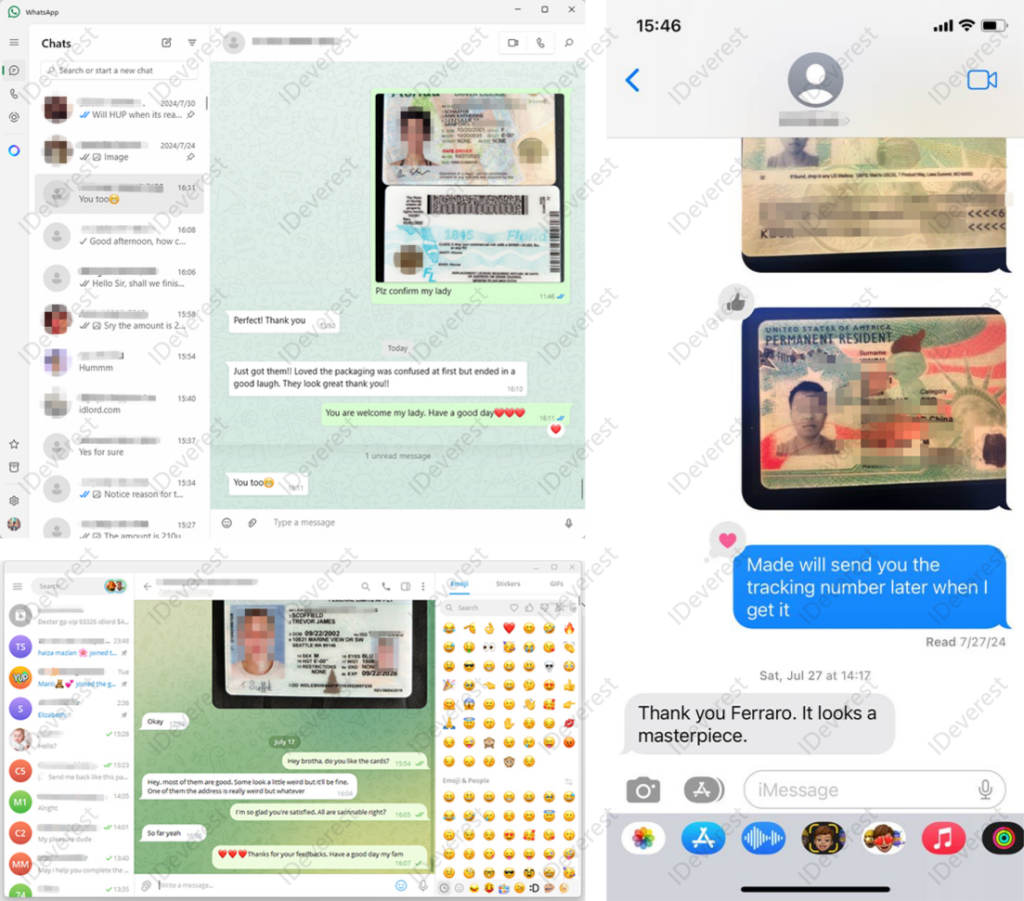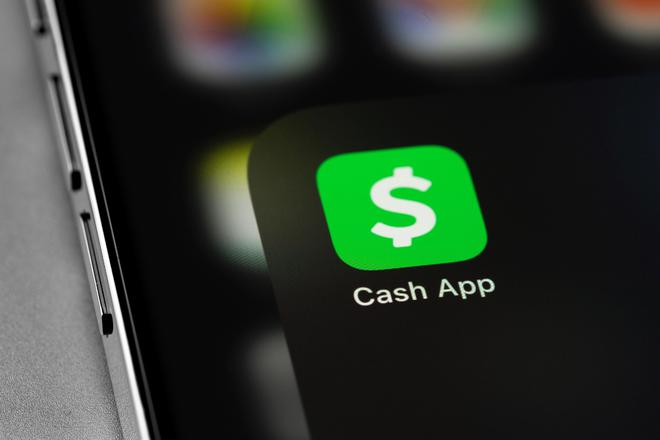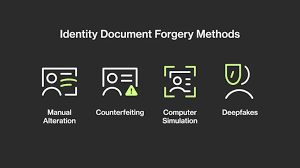Alabama Fake IDs
Outline of the Article
- H1: Understanding Alabama Fake ID Culture
- H2: Introduction to Fake IDs
- H3: The Popularity of Fake IDs Amongst Youth
- H3: Why Alabama is a Hotspot for Fake IDs
- H2: The Making of a Fake ID
- H3: Common Features of Alabama Fake IDs
- H3: How Technology Has Evolved in Fake ID Production
- H2: Legal Implications of Using a Fake ID in Alabama
- H3: State Laws Governing Fake IDs
- H3: Potential Penalties and Legal Consequences
- H4: Real-Life Cases and Their Outcomes
- H2: The Risks Beyond the Law
- H3: Social and Ethical Considerations
- H3: Impact on Future Opportunities
- H2: How to Spot a Fake ID
- H3: Key Indicators to Look Out For
- H3: Tools and Technology for Identifying Fake IDs
- H2: The Role of Businesses in Preventing Fake ID Usage
- H3: Responsibility of Establishments
- H3: Training for Employees
- H2: The Debate Around Fake IDs
- H3: Arguments for Leniency
- H3: Arguments for Strict Enforcement
- H2: Alternatives to Fake IDs
- H3: Legal Ways to Enjoy Adult Activities
- H3: The Role of Education and Awareness
- H2: Conclusion
- H3: Summarizing the Risks and Realities of Fake IDs
- H3: The Importance of Making Informed Decisions
- H2: FAQs
- H3: What happens if I get caught with a fake ID in Alabama?
- H3: Can fake IDs be detected easily by businesses?
- H3: Are there any long-term consequences of using a fake ID?
- H3: How common is it to get a fake ID in Alabama?
- H3: What are the alternatives to using a fake ID for underage individuals?
Understanding Alabama Fake ID Culture
Introduction to Fake IDs

Fake IDs have long been a rite of passage for many young people across the United States. The allure of getting into a club, buying alcohol, or simply feeling a bit more mature than one’s years can be strong motivators. In Alabama, like many other states, fake IDs have become a common tool for those eager to experience adult privileges before their time.
The Popularity of Fake IDs Amongst Youth
It’s no secret that fake IDs are popular among teenagers and college students. The pressure to fit in, coupled with the desire to partake in activities reserved for adults, often drives young people to seek out these illicit identification cards. Whether it's to gain access to a concert, purchase alcohol, or enter a bar, the reasons are varied, but the demand is consistently high.
Why Alabama is a Hotspot for Fake IDs
Alabama, with its vibrant college towns and nightlife, has seen a significant rise in the use of fake IDs. The state's large population of college students, combined with the presence of bustling bars and clubs, creates a perfect storm for the fake ID industry. Additionally, Alabama’s proximity to states with lenient ID laws makes it easier for fake IDs to circulate.
The Making of a Fake ID
Creating a fake ID isn’t as simple as printing a piece of plastic. With advances in technology, fake IDs have become more sophisticated, making them harder to detect.
Common Features of Alabama Fake IDs
A typical fake ID in Alabama will attempt to mimic the state’s official driver’s license, complete with the state's seal, holograms, and accurate fonts. However, these features can vary in quality depending on where the ID is made. Some fake IDs are nearly indistinguishable from the real thing, while others are easy to spot with a keen eye.
How Technology Has Evolved in Fake ID Production
Over the years, the production of fake IDs has seen significant technological advancements. High-quality printers, holographic overlays, and even magnetic strips have made modern fake IDs more convincing. The internet has also played a crucial role, with numerous websites offering fake IDs for sale, sometimes with astonishing levels of detail and accuracy.
Legal Implications of Using a Fake ID in Alabama
The legal consequences of using a fake ID can be severe, especially in a state like Alabama, where laws are strictly enforced.
State Laws Governing Fake IDs
Alabama law classifies the possession, creation, or use of a fake ID as a criminal offense. This can result in charges ranging from a misdemeanor to a felony, depending on the circumstances. The law is clear: using a fake ID is illegal, and being caught can lead to serious consequences.
Potential Penalties and Legal Consequences
Penalties for using a fake ID in Alabama can include fines, community service, and even jail time. For minors, these charges can also lead to a criminal record, which can have long-term effects on future opportunities, such as college admissions or job prospects.
Real-Life Cases and Their Outcomes
There have been numerous cases in Alabama where individuals have faced significant legal repercussions for using fake IDs. For example, in one notable case, a group of college students was arrested after a local bar identified their fake IDs, leading to fines and probation. These real-life consequences serve as a stark reminder of the risks involved.
The Risks Beyond the Law
While legal consequences are a significant concern, the risks of using a fake ID extend beyond the courtroom.
Social and Ethical Considerations
Using a fake ID often involves lying, whether to friends, authorities, or businesses. This dishonesty can lead to trust issues and damaged relationships. Moreover, relying on a fake ID can encourage a mindset of cutting corners and avoiding responsibility, which can have broader implications in one’s life.
Impact on Future Opportunities
A criminal record resulting from the use of a fake ID can have far-reaching consequences. Colleges, employers, and even landlords often conduct background checks, and a conviction related to a fake ID can be a red flag. This can limit opportunities and create barriers to achieving long-term goals.
How to Spot a Fake ID
For businesses and authorities, being able to identify a fake ID is crucial in preventing illegal activities.
Key Indicators to Look Out For
Common signs of a fake ID include discrepancies in font size or style, incorrect colors, and the absence of security features like holograms or microprinting. Additionally, if an ID feels unusually thick or thin, it could be a fake.
Tools and Technology for Identifying Fake IDs
Today, there are various tools available to help businesses detect fake IDs. UV lights can reveal hidden security features, while scanners can verify the magnetic strip or barcode information. Investing in these tools is essential for any establishment that regularly checks IDs.
The Role of Businesses in Preventing Fake ID Usage
Businesses play a critical role in preventing the use of fake IDs and ensuring compliance with the law.
Responsibility of Establishments
It’s the responsibility of bars, clubs, and retailers to ensure that they are not serving minors. Failing to do so can result in fines, license suspensions, or even closure. This makes it imperative for businesses to take ID verification seriously.
Training for Employees
Proper training for employees is essential in spotting fake IDs. Regular training sessions on how to identify fake IDs and understanding the legal implications of serving minors can make a significant difference in preventing underage drinking.
The Debate Around Fake IDs
The issue of fake IDs is a contentious one, with arguments on both sides regarding how it should be handled.
Arguments for Leniency
Some argue that the use of fake IDs is a relatively harmless act, a youthful indiscretion that doesn’t warrant severe punishment. They suggest that education and community service might be more effective than criminal charges in deterring future misuse.
Arguments for Strict Enforcement
On the other hand, many believe that strict enforcement is necessary to deter the use of fake IDs and protect public safety. They argue that underage drinking can lead to dangerous situations, including drunk driving and alcohol poisoning, and that strong legal consequences are essential in preventing these outcomes.
Alternatives to Fake IDs
For those underage, there are legal ways to enjoy life without resorting to a fake ID.
Legal Ways to Enjoy Adult Activities
Instead of using a fake ID, underage individuals can seek out events and venues that cater to their age group. Many places offer non-alcoholic events or special nights for younger crowds. Additionally, focusing on hobbies, sports, and other activities can provide fulfilling experiences without breaking the law.
The Role of Education and Awareness
Educating young people about the risks and consequences of using a fake ID is crucial. Awareness campaigns that highlight real-life stories and legal implications can be effective in discouraging the use of fake IDs. Schools, parents, and communities should work together to provide this education.
Conclusion
Using a fake ID in Alabama may seem like a shortcut to fun, but it comes with significant risks. From legal consequences to ethical considerations, the drawbacks far outweigh the temporary benefits. It's essential for young people to understand these risks and make informed decisions.
Summarizing the Risks and Realities of Fake IDs
Fake IDs are not worth the trouble they can bring. The legal penalties, potential for a criminal record, and impact on future opportunities are just the beginning. The ethical and social implications also play a significant role in why using a fake ID is a bad idea.
The Importance of Making Informed Decisions
Ultimately, making informed decisions about using a fake ID can save a lot of trouble down the road. It's important to weigh the risks and consider the long-term effects on one’s life and future.
FAQs
What happens if I get caught with a fake ID in Alabama?
If you’re caught with a fake ID in Alabama, you could face serious legal consequences, including fines, community service, and even jail time. It may also result in a criminal record, which can affect future opportunities.
Can fake IDs be detected easily by businesses?
Yes, many businesses use advanced tools and trained staff to detect fake IDs. Discrepancies in the ID’s design, incorrect information, and the absence of security features are common indicators of a fake ID.
Are there any long-term consequences of using a fake ID?
Using a fake ID can lead to long-term consequences, including a criminal record, which can impact college admissions, job opportunities, and more. It can also damage personal relationships and your reputation.
How common is it to get a fake ID in Alabama?
Fake IDs are fairly common in Alabama, particularly among college students and teenagers. The state's vibrant nightlife and college culture contribute to the demand for fake IDs.
What are the alternatives to using a fake ID for underage individuals?
Instead of using a fake ID, underage individuals can attend age-appropriate events, focus on hobbies, or participate in non-alcoholic activities. Education and awareness about the risks of fake IDs are also crucial.
 scannable Fake New Jersey DL
scannable Fake New Jersey DL
 scannable Fake Florida DL
scannable Fake Florida DL
 scannable Fake Georgia DL
scannable Fake Georgia DL
 scannable Fake Califomia DL
scannable Fake Califomia DL